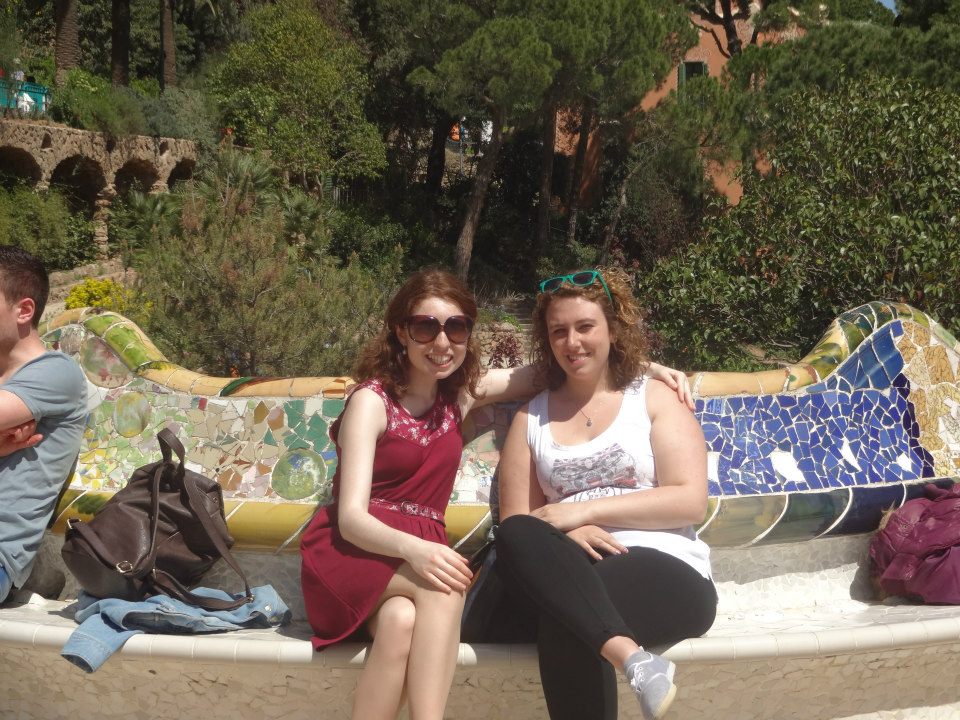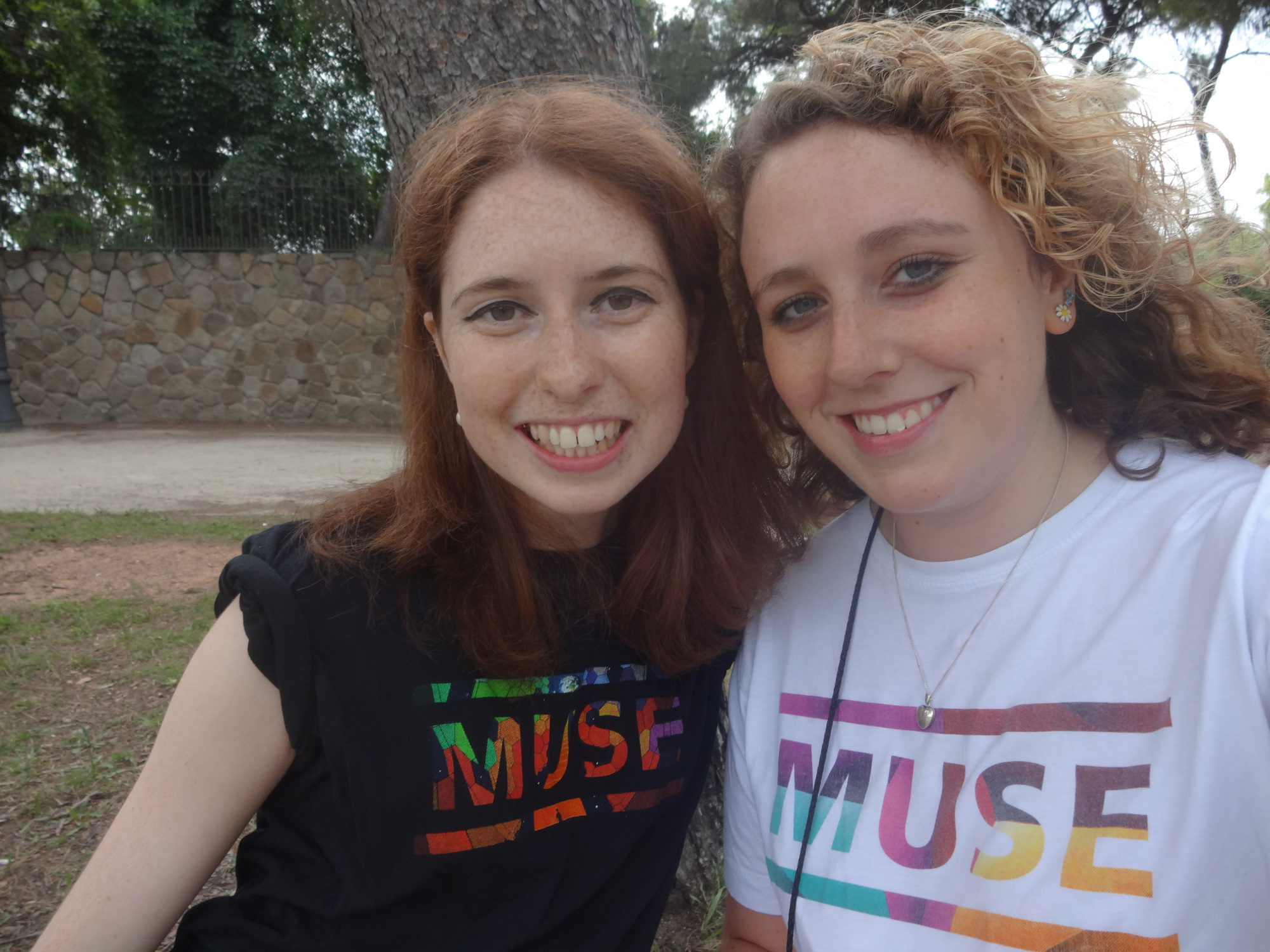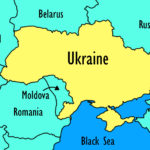Being a native English speaker means that you can communicate with the outside world without making any additional effort, since you don’t have to study the language. But is this fact an advantage or a limitation when it comes to learning other languages? Read on to find out about the experiences of two English students in Barcelona
You’re in Norway, Italy or Portugal. You go into a shop and you want to ask the price of something, but you don’t know the language. So what do you do? Without doubt, English is the global language that people use to communicate with the outside world, and people born in English-speaking countries have the great advantage of not having to study it… or perhaps it’s a disadvantage? Emma Staples and Dymphna Murphy, two British Erasmus students in Barcelona give us an insight into the difficulties that arise as a result of being a polyglot when everyone speaks to you in your native language.
“When I first arrived in Barcelona, I was surprised to discover that despite being in a Spanish speaking country, all the exchange students talked to each other in English,” says Emma, who arrived in Spain in September of last year. “At first, I made an effort to practise my Spanish but in the end, I gave up and ended up speaking English with everyone.” Many Brits and North Americans find themselves in this situation when they travel abroad. “At first, I was glad that I could understand everyone, but I recognise that this wasn’t the best way to immerse myself in the language,” states Dymphna.
According to the latest figures from the European Commission for the period 2011-2012, Spain is one of the most sought-after Erasmus destinations. In the top 100 higher education institutes who host this type of students, the top four positions were filled by Spanish universities. In total, 39,300 people completed an exchange during this time. These figures only take into account those who went on exchange while studying at a University, and doesn’t include those who worked in schools or carried out a work placement. Of those people, 2,688 came from the UK, with British students representing the biggest group in Spain, just behind Italy, France and Germany.
Unlike Emma, who has been learning Spanish for 10 years, Dymphna arrived in Barcelona a month before starting classes to do an intensive language course which she hoped would allow her to obtain the same level of Spanish as the other students. “I had never studied a foreign language before and was naive in thinking that in two weeks, I would know the basic grammar which would allow me to express myself in relatively the same fashion as the rest of the students,” she confesses.
They say that Spanish isn’t a difficult language to learn since the words are usually pronounced as they’re written and the grammatical sentence structure is quite flexible. However, Dymphna explains that “it was really difficult to get used to the pace at which people spoke the language, the colloquial expressions they used and some dialects,” while Emma admits that “I filled my whole bedroom with post-it notes of irregular verbs, which was one of the aspects I found most difficult to learn.”
In England, learning a foreign language is an issue that isn’t as pushed as much in schools as studying science subjects. Many students don’t consider a foreign language a core subject and don’t assign it as much importance as learning Maths, for example. In Emma’s case, her school offered French, German and Spanish from age 11, and at age 14, students could decide whether to continue or whether to give it up. “It was then that I realised that I wanted to learn Spanish beyond compulsory education, and I chose to study Spanish and History at the University of Liverpool.”
However, at university level, the linguistic differences among countries decrease. In fact, within Europe, after 26 years of student exchanges, 3 million people have already completed an Erasmus Exchange abroad.
Furthermore, in the next period from 2014 to 2020, the European Commission plans to carry out a programme known as Erasmus+, which aims to improve relations between institutions who carry out these exchanges.
But beyond basic linguistic issues and bureaucracy, these students have faced a dual intellectual challenge when coming to Barcelona, because Catalonia also has its own language; Catalan, and the majority of the population speak it. Both our students started out optimistically with this language, but things didn’t go as well as they had hoped. “When I started to study Catalan at the university too, I realised I couldn’t keep up. It was hard. In Spanish class, Catalan words came out and vice versa. The teacher pointed this out to me but I didn’t realise that I was mixing the two languages, because for me, all the words were new,” explains Dymphna, somewhat resigned. However, Emma found it easier than Dymphna to learn it as she already had a solid base in Castilian Spanish. Although her aim was to continue studying it once her Spanish reached a truly advanced level, she has stopped at knowing how to form basic structures in both languages. “If I were to live here permanently, I would seriously think about learning Catalan, but at the moment, I’m happy with the level I’ve reached.”
This effort to progress in both languages is quite remarkable. Native English speakers are faced with a number of issues when learning a new language, and one of those, for example, is when they go to the cinema. Despite the fact that films which were originally in English are dubbed into the language of the country they are in, the actors’ mouths move in such a way that sometimes natives can understand the original English through lip-reading, which is a distraction. “I also find it more difficult to make friends with native speakers rather than foreigners like myself, which is a shame, and for me, this is another obstacle. Luckily, my university offer a database of language tandem partners which has helped us to establish friendships with students from other countries,” explains Emma, who decided to come to Barcelona even though all of her friends decided to go to Alcalá de Henares. She made this decision in order to allow herself to be more open to a new group of people, and become more independent. “Sometimes, English people don’t make the effort to learn another language out of arrogance. I mean, some British people think that everyone speaks English, so it’s not necessary to learn other languages. But this isn’t a reason to think that everyone is the same,” she remarks. Without doubt, Dymphna and Emma are a good example of those who, despite the adversities, show that willpower is a major factor when it comes to learning another language.









Recent Comments